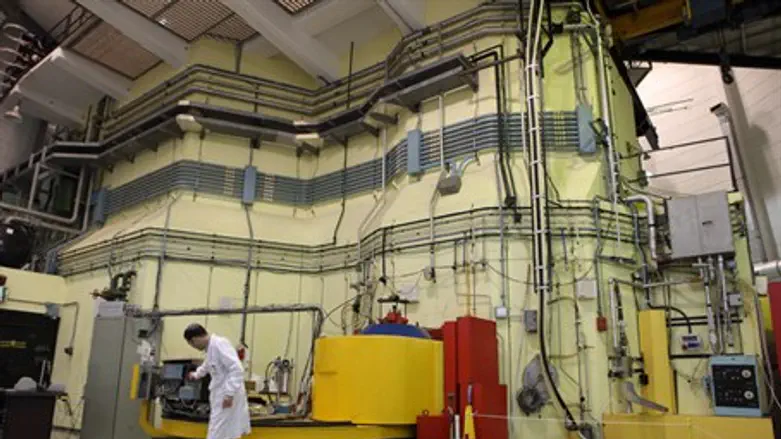
Intelligence suggests that Syrian President Bashar Al-Assad is building a secret underground plant with the aim of developing nuclear weapons, Germany's Spiegel news magazine said Friday, according to AFP.
Citing information made available by unidentified intelligence sources, Spiegel said the plant was in an inaccessible mountain region in the west of the war-ravaged country, two kilometers (1.2 miles) from the Lebanese border.
It is deep underground, near the town of Qusayr and has access to electricity and water supplies, the magazine said in a pre-released version of the story released ahead of Saturday's publication.
It said it had had access to "exclusive documents", satellite photographs and intercepted conversations thanks to intelligence sources.
Western experts suspect, based on the documents, that a reactor or an enrichment plant could be the aim of the project, whose codename is "Zamzam", Spiegel said.
The Syrian regime has transferred 8,000 fuel rods to the plant that had been planned for a facility at Al-Kibar, it added.
In 2007, a bombing raid on an undeclared Syrian nuclear facility at Al-Kibar was widely understood to have been an Israeli strike, but it was never acknowledged by the Jewish state.
Since then, Western intelligence agencies detected another nuclear plant in Syria, this time in a Damascus suburb.
The second nuclear complex, albeit smaller, was apparently in 2011 following close analysis of satellite photos.
A German newspaper, the Süddeutsche Zeitung, reported at the time that it had received the photos, but did not publish them because inferences can be made as to when they were taken, and thus to who leaked them.
Spiegel said in North Korean and Iranian experts are thought to be part of the "Zamzam" project.
The Lebanese terrorist group Hezbollah, which supports Assad's regime in the bloody conflict in Syria, is guarding the secret project, it added.
(Arutz Sheva’s North American desk is keeping you updated until the start of Shabbat in New York. The time posted automatically on all Arutz Sheva articles, however, is Israeli time.)